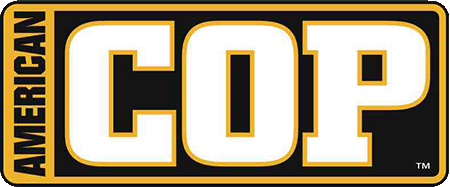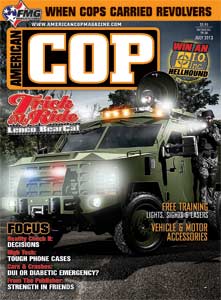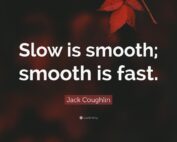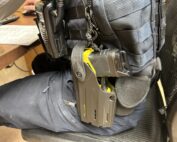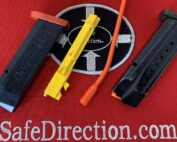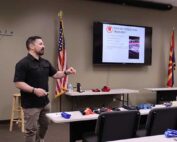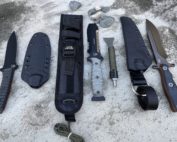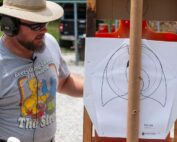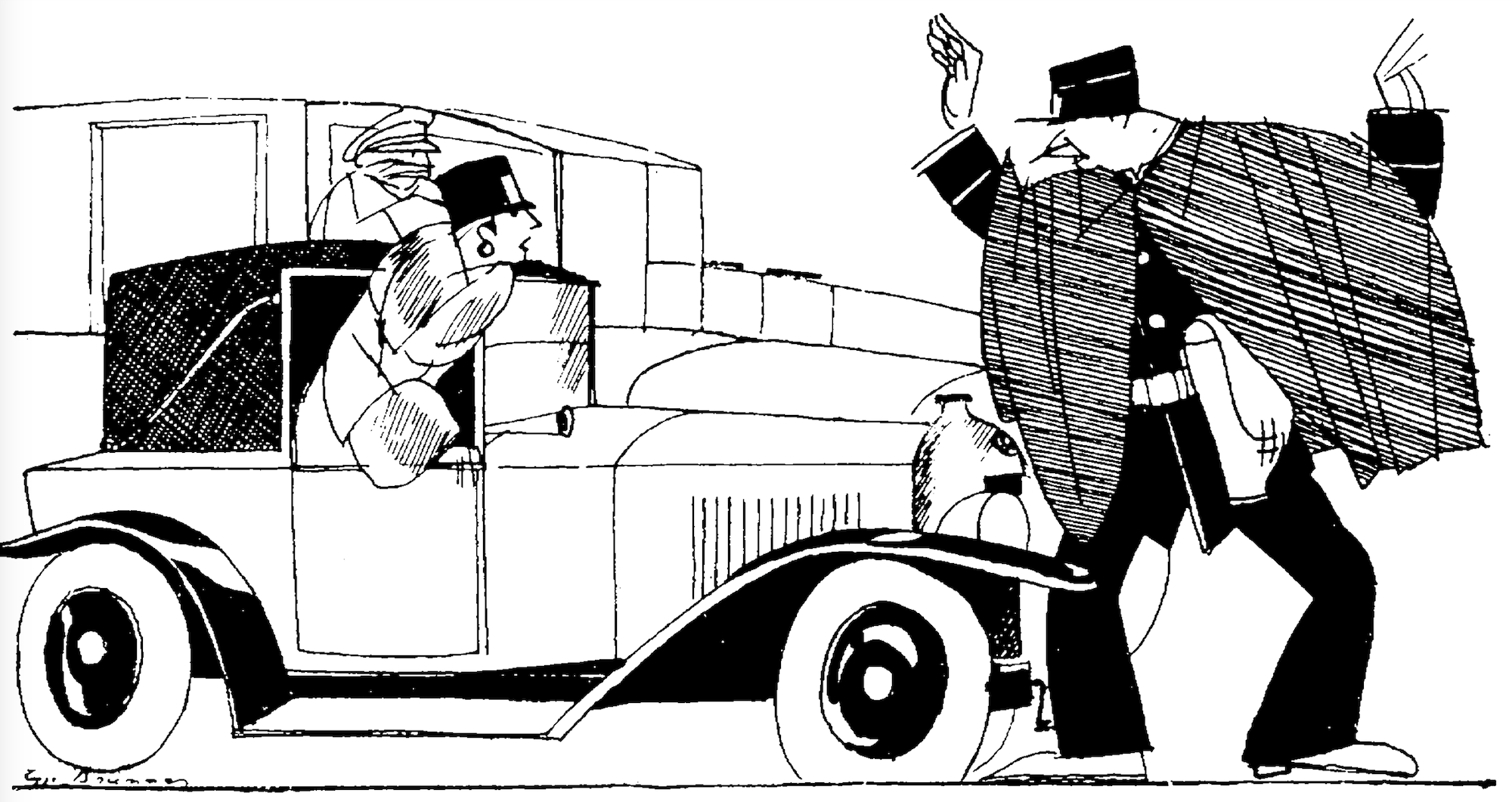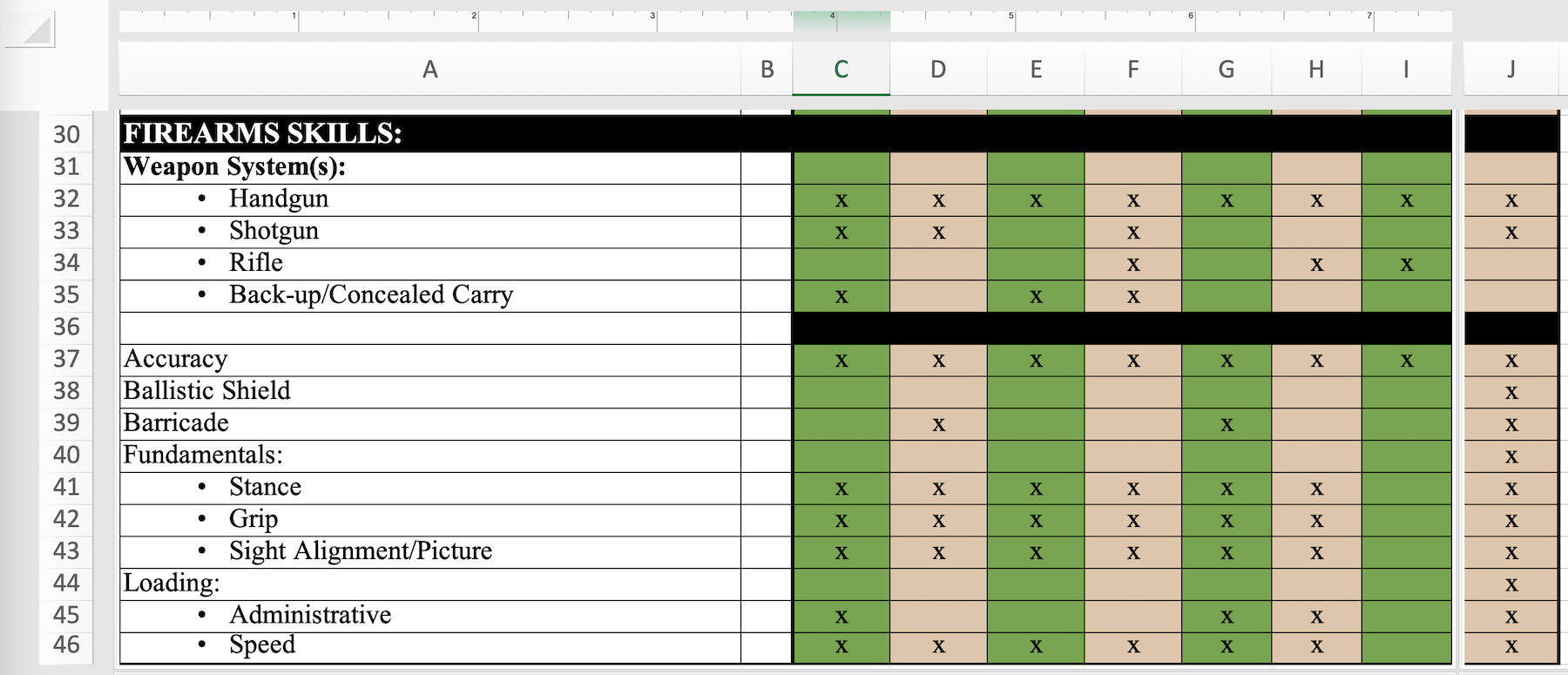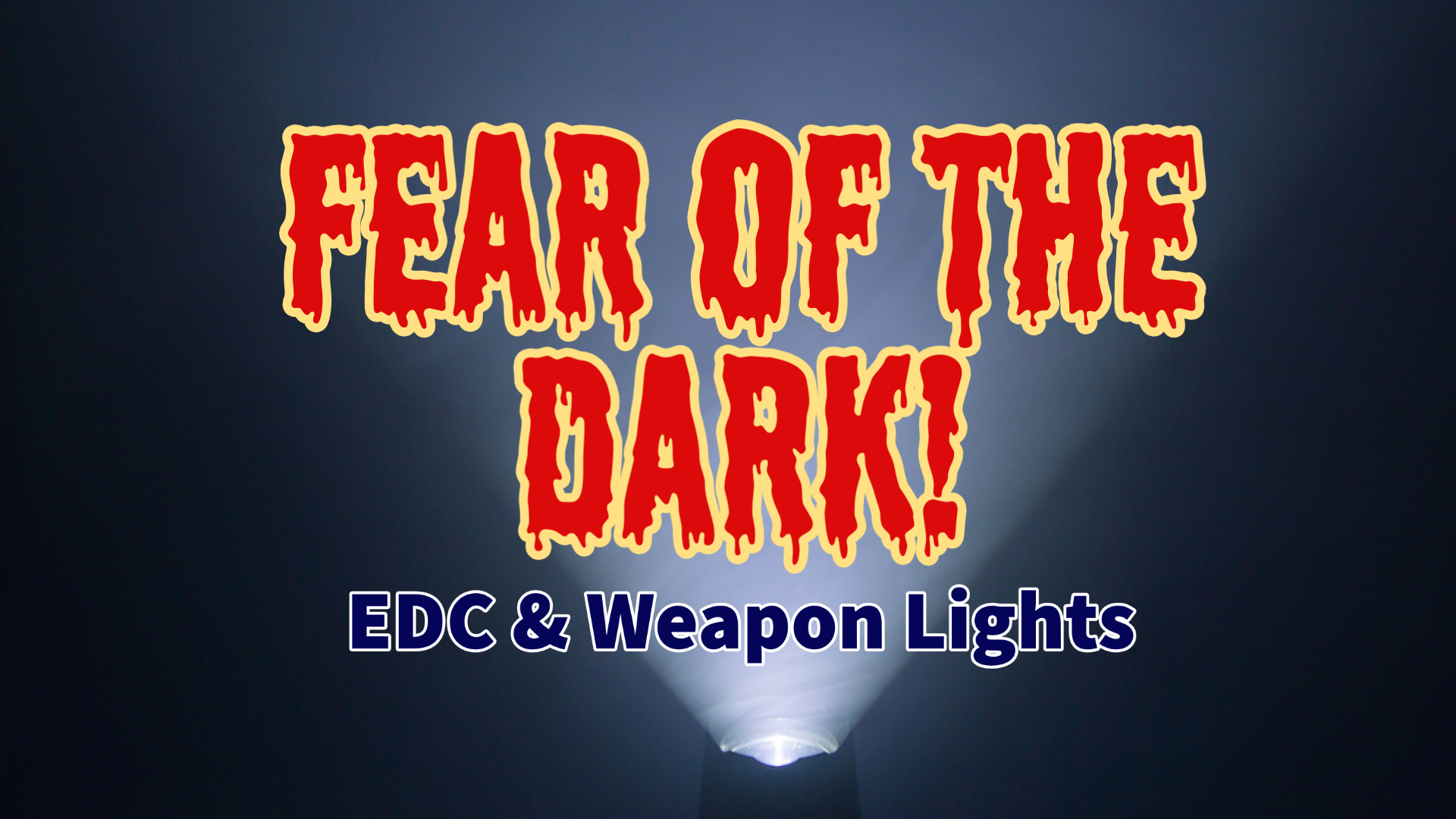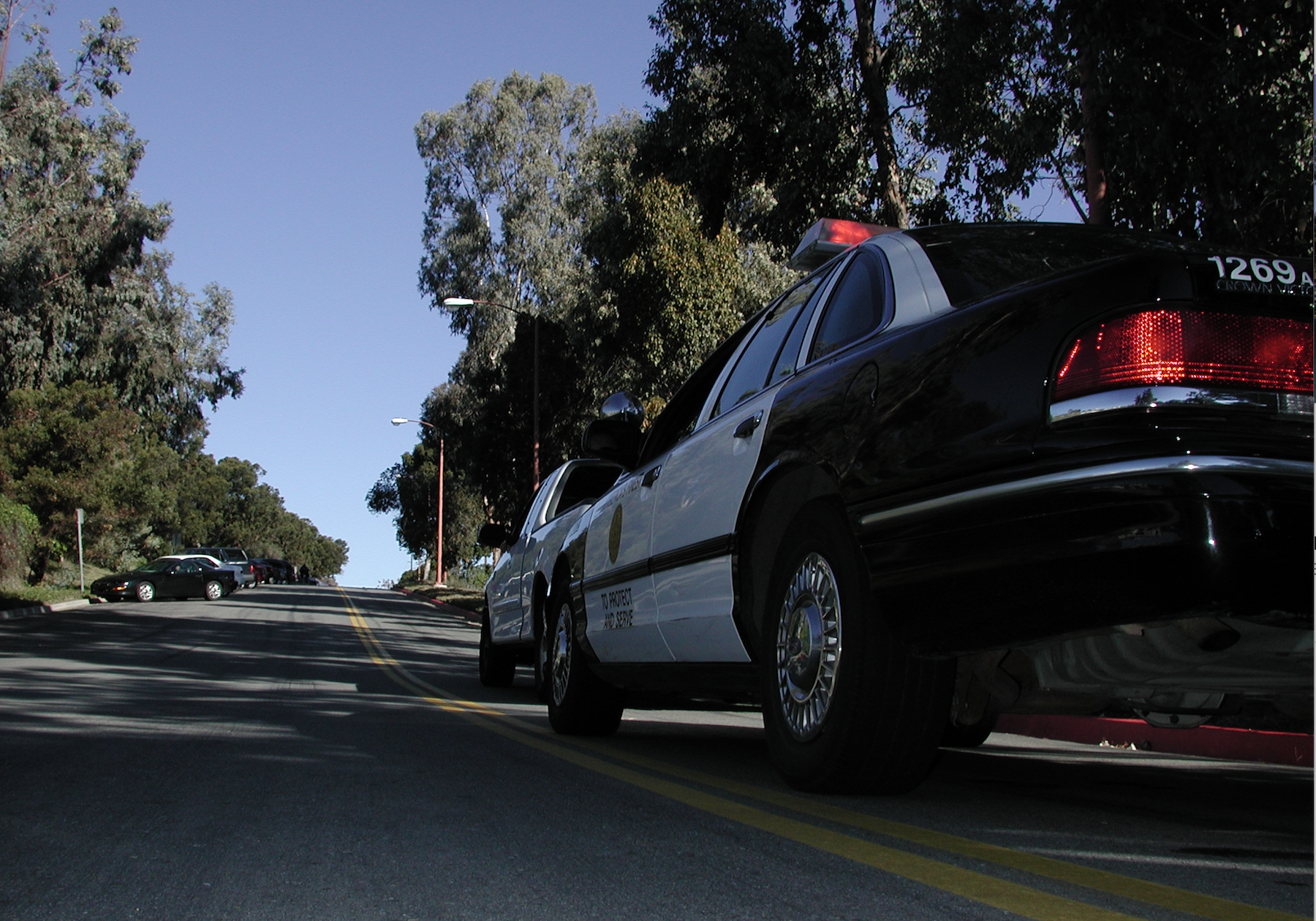
handcuffs
In my experience, many police agencies slowly accumulate, and then adopt at some point, an “us or them” attitude regarding the community they serve. And serve is a key word here. Some cops talk about how they “police” their city, or “handle the citizens,” and often make it clear their role is confrontational, supervisory and not to be messed with.
Except that serve word rears its not-to-be-ignored head. Regardless of a cop’s attitude, regardless of how they feel about the community they work in, they are — every single one of them — employees of that community. No agency can alienate itself to the degree that they become a power unto themselves with little or no regard for the very people they serve. Sound scary? Can’t happen here? It has, and there have been instances where federal agencies have had to intervene in small communities to take back the town.
While this attitude can (and does) occur to lesser degrees in any agency — yours included — most cops are at least cognizent of the fact they answer to their politicians, and through them local government, ultimately to their citizens. Since the ultimate power rests with the citizens of a community, shouldn’t every agency strive to earn the respect and support of the community they work with? Isn’t an agency’s strength measured not only in how new their patrol cars are, but in how much support from the community they’ve earned?
No man, or agency for that matter, is an island, and while some leaders may think a tough, confrontational attitude with city government and citizens is how to get police work done “the right way!”, they’re sorely wrong. Without the support of the people, an agency is living a smoke-and-mirror existence that can be wafted away when a direct wind is applied.
That wind might be in the form of a new mayor, city manager or simply a citizen who has had enough of their bullying or lack of communication. The very public forum of newspapers and media can be quick to be the judge and jury when it comes to police attitude in a community.
The lesson? It’s easy: an agency’s true strength lies in its friends. How you — and through you, your agency — build those relationships is directly proportional to how strong your agency can be. Need new police cars? If you have strong friends in the community it will happen. Need more cops? Better pay? Had a dicey situation occur and need some community understanding, patience and support? If you’ve done your work, that’s exactly what will happen. Think about cities where riots have occured after a police/citizen incident gone wrong. Then think about cities where similar things happened, but instead of burning buildings and conflict, there was open dialogue, honest answers and community leaders working with police to solve problems and keep the door open to the future.
There’s a saying that goes: “Keep your friends close and your enemies closer.” While some administrators may think of that adage when managing their relationships with their community, in reality, keeping your real friends in the community close helps to keep the enemies — confrontation, crime, poor pay, turnover and such — far away.
By Roy Huntington
Order Your Copy Of The American COP July 2013 Issue Today!
